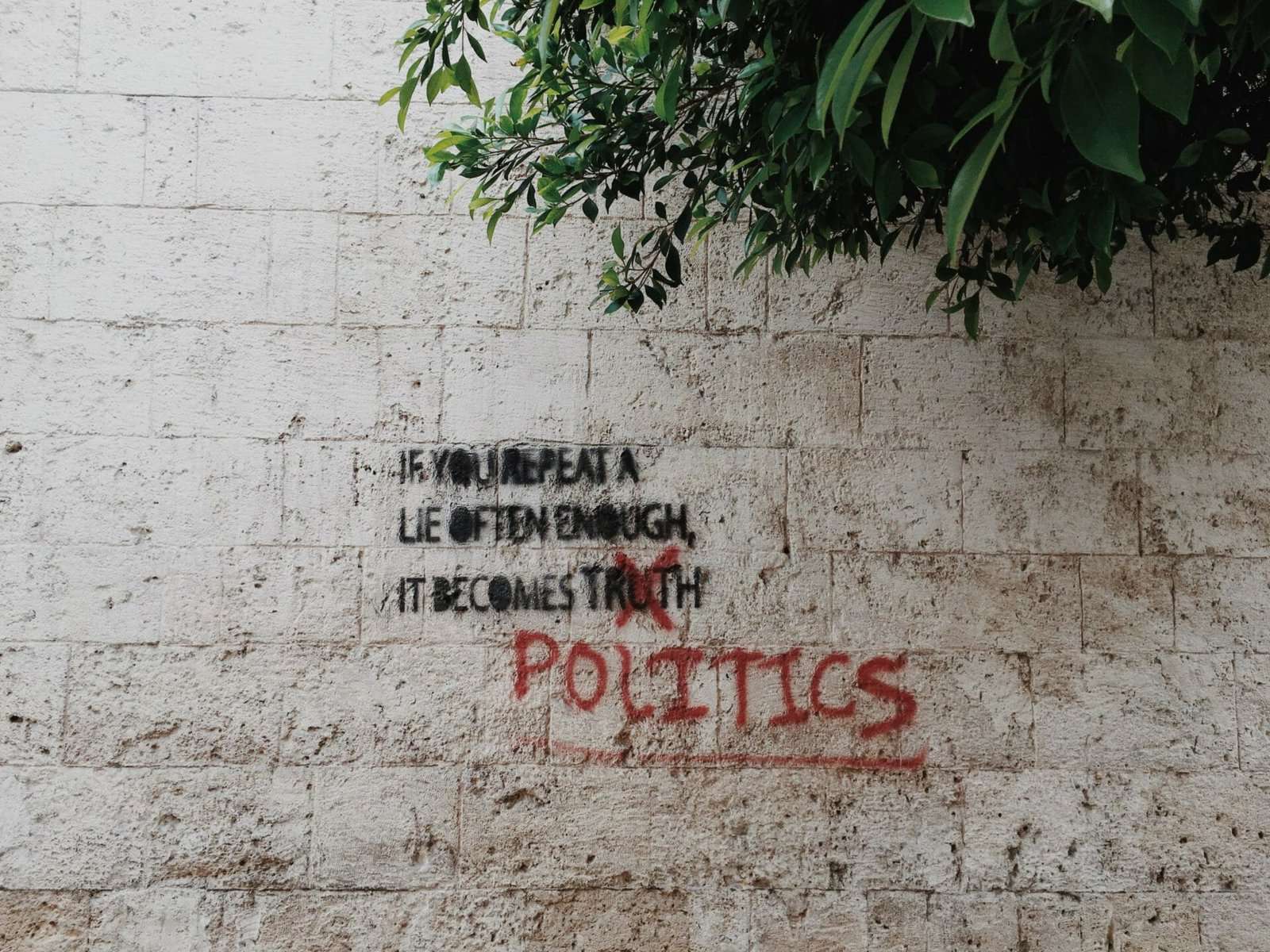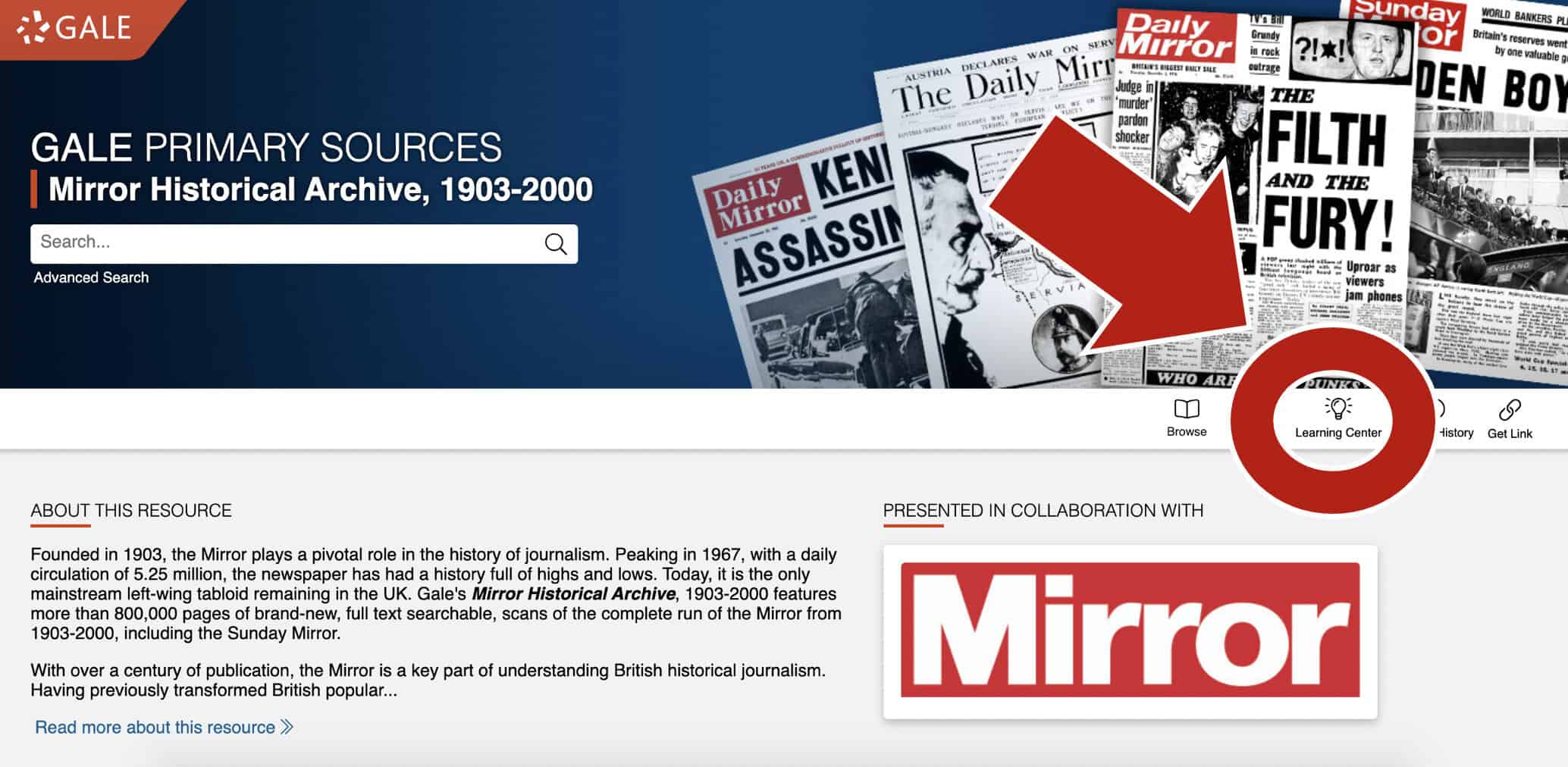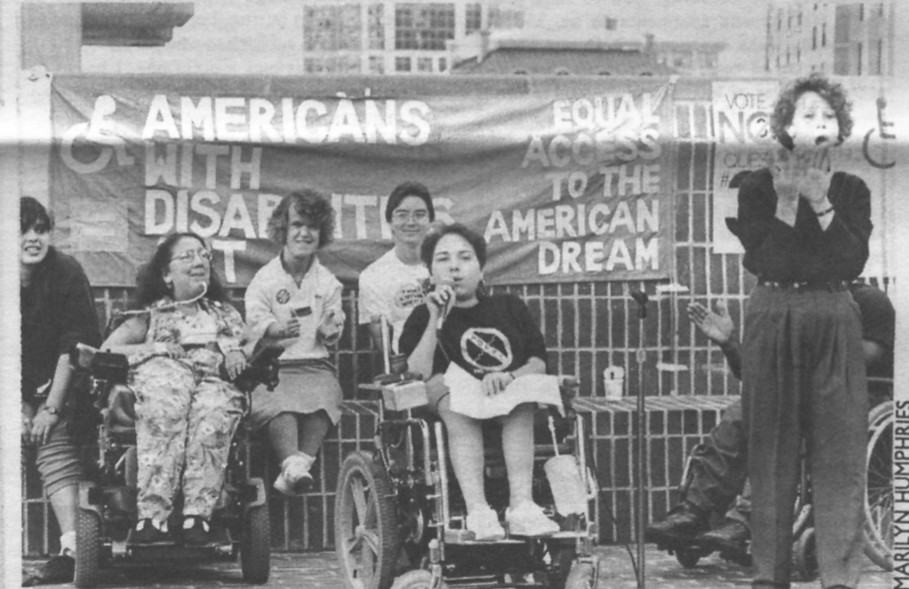| By James Carney, Gale Ambassador at King’s College London |
As a literature student, I have studied the power of language for myriad and varying purposes in a range of historical contexts. My studies have exposed me to the fact that language is inherently political – the way in which we construct verbal expression can reflect and compound the powerful forces that command us like hierarchies, social structures, identities or even biases. An example that comes to mind is the profound racism in the name given to South America’s most notable sea – the Caribbean. Popularised by the cartographer Thomas Jeffreys, the word finds roots in the Spanish word for cannibal (carib), and is a name which conquistadors enforced on the natives of this region. The political nature of language is clear from this example – in line with the constructed ‘civilising’ mission of imperialism, language came to reflect prevailing perceptions of the Spanish conquerors in relation to their (problematically) ‘savage’ subjects.



